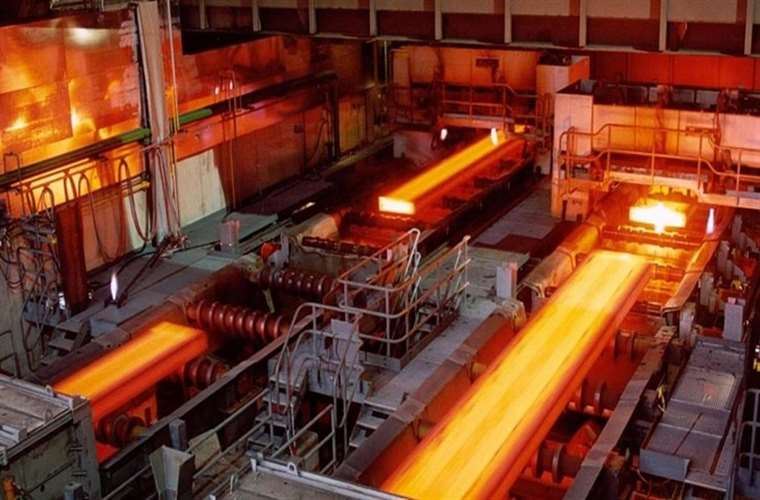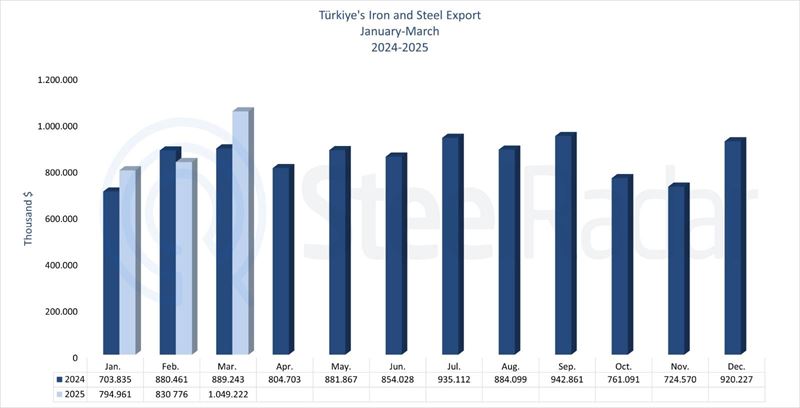The Iron and Steel Institute of Thailand (ISIT), citing FTI Chairman Kriengkrai Thiennukul, indicates that the Thai industry is grappling with an influx of Chinese products, particularly in the steel sector, resulting in decreased utilization of Thailand's steel capacity to 31% in 2023. Thiennukul warns that without timely government intervention, Thai steel mills may face closure and significant job losses.
Rising production costs, including electricity prices, raw materials, labor, interest rates, and logistics expenses, have exacerbated the challenges for Thai products to compete in the ASEAN market. FTI proposes several measures to address the crisis in the steel industry, such as restricting the expansion of local steel plants to tackle overcapacity, strict enforcement of Thai Industrial Standards (TIS), expedited investigations by the Ministry of Commerce into anti-dumping, countervailing, and safeguards, and enhancing scrutiny of anti-dumping duties to prevent tariff evasion. Additionally, expanding government procurement of local steel products is recommended.
ISIT suggests that Thailand is likely to impose safeguard duties of up to 25% on all steel imports. Nawa Chantanasurakon, president of Sahaviriya Steel Industries Public Company Limited, reveals challenges faced by Thai steel companies due to influxes of Chinese steel through dumping, subsidies, and circumvention measures, resulting in operational suspensions and layoffs. Research by Siam Commercial Bank indicates that a 0.19% decrease in Thailand's gross domestic product (GDP) and a 1.2% reduction in steel industry employment are expected for every 100,000 tonnes of steel production lost in Thailand.
ISIT reports a 4% year-on-year increase in Thai imports of finished steel to 11.21 million tonnes, while exports experienced a slight decline of 0.6% year-on-year to 1.48 million tonnes in 2023.











Comments
No comment yet.